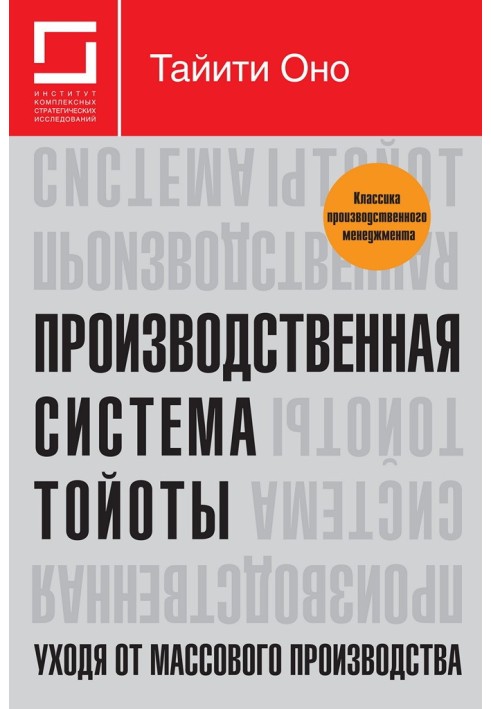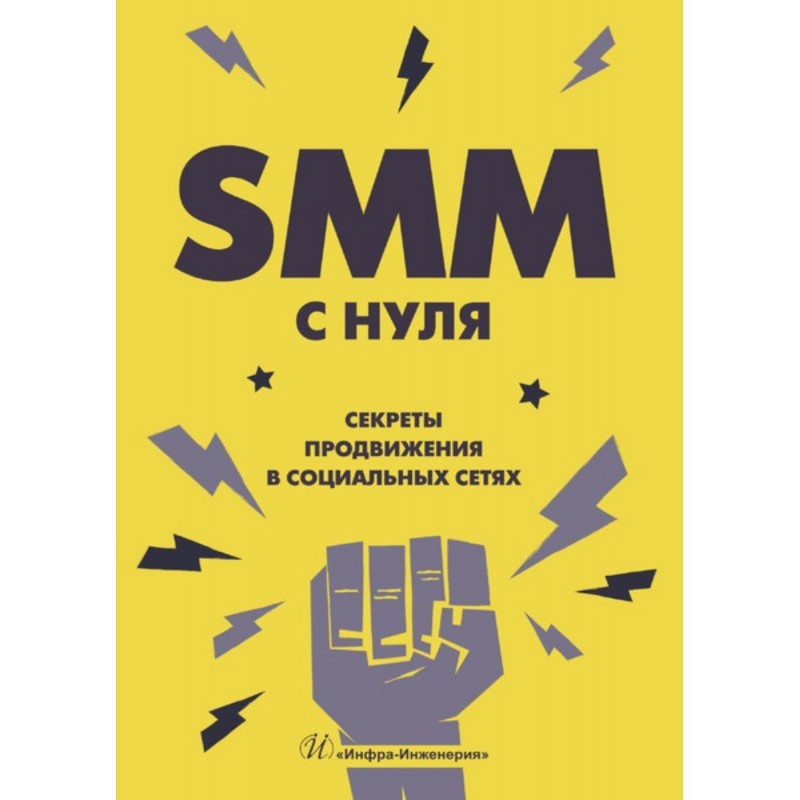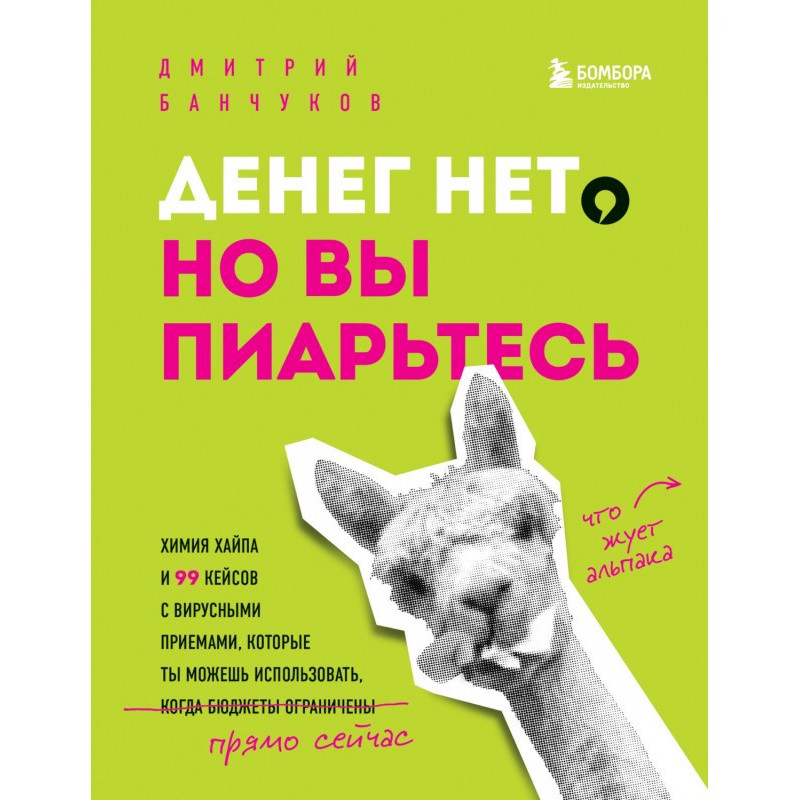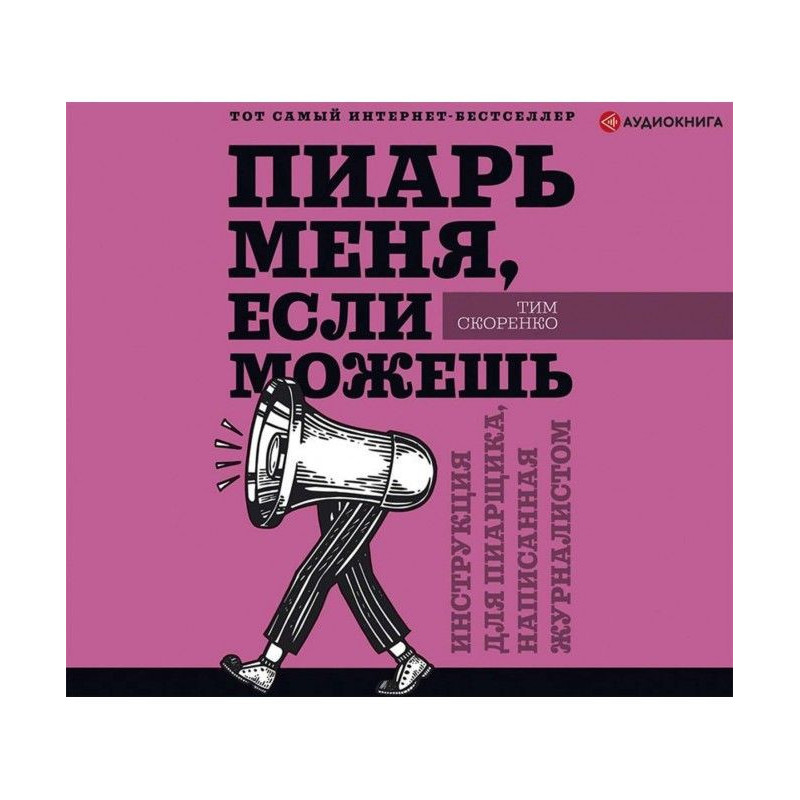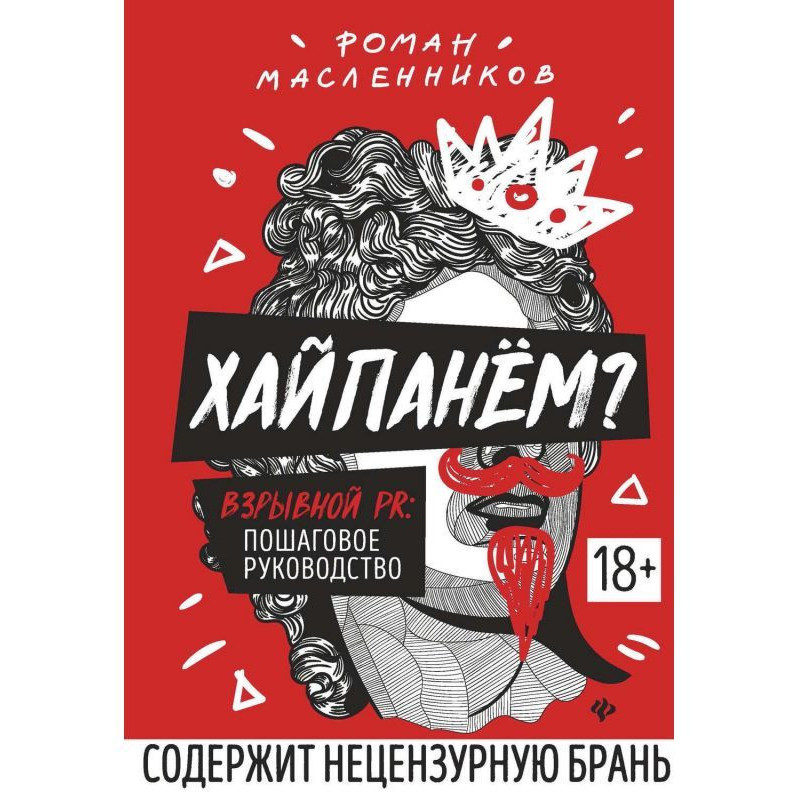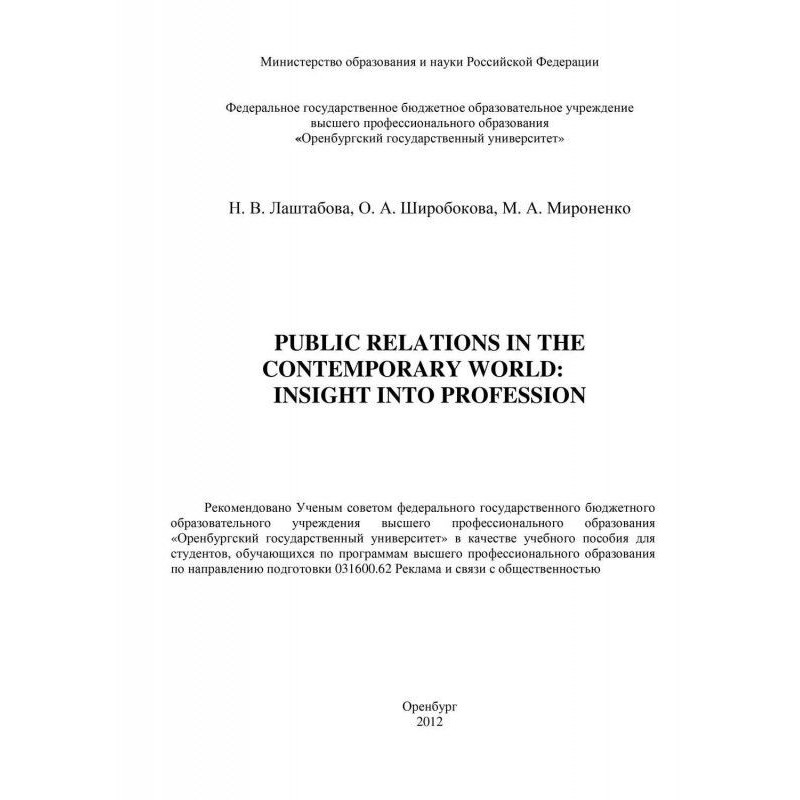Toyota production system: moving away from mass production
 Instant download
Instant download
after payment (24/7)
 Wide range of formats
Wide range of formats
(for all gadgets)
 Full book
Full book
(including for Apple and Android)
The publication in Russian of the book by Taiichi Ohno, the creator of the Toyota Production System (TPS), was delayed for several decades - the original Japanese edition was published in 1978. It should be noted that the English-language edition of this book in the USA appeared only in 1988 ., when Japanese cars were already conquering the American market. By now, we have published quite a lot of books on the Toyota production system and its main components: the just-in-time principle, kanban, autonomy. Of particular note is the book by J. Womack and D. Jones, “Lean Manufacturing,” which summarizes the experience of using PST and shows that in fact this is a new type of production, based on fundamentally different principles than mass production. After reading the book by Taiichi Ohno, you are convinced that it is not only not outdated, but perhaps even more relevant than many other books written subsequently. For a deep understanding of the book, it is extremely important to pay attention to the conditions under which the Toyota production system was created: the late 40s years of the last century, Japan suffered a crushing defeat in World War II, industry was completely destroyed... Taiichi Ono was shocked that Japanese labor productivity at that time was 10 times lower than in the United States. “But does an American actually expend 10 times more muscular effort?” - he asks a rhetorical question and further answers it: “Obviously, the Japanese are wasting something, and if we can avoid this waste, productivity can be increased 10 times. This idea is at the origins current Toyota production system.” Knowing the Russian industry first-hand, I can assure you that today the Russian automotive industry faces similar challenges: it is necessary to increase productivity tenfold, radically improve quality, and reduce costs. The first experience of using PST in Russian companies has already brought significant results, Moreover, it is important to emphasize without any serious investments. One can hope that the introduction of this system will be an important step towards creating a competitive automotive industry and other industries. Today's precarious price advantage of Russian cars, based on low wages, redistribution of resources and raw materials areas due to artificial tariffs, lack of due attention to ensuring quality, may exhaust itself unexpectedly quickly. I would also like to draw attention to the motivational component of this book. In fact, the Japanese automobile industry did not exist in the late 40s, but it was on the day of Japan’s defeat in World War II that the president of Toyota Motor Company, Mr. Toyoda said: “We need to catch up with America in three years. Otherwise, Japan's auto industry will not survive." To many at that time, this call seemed unrealistic: in 1949, Japan produced 25,622 trucks, and only 1,008 cars. But already in the 1970s, the “Japanese” attack on America began. In the 1980s, the American automobile industry lost about 30% of its domestic market. Such a breakthrough, we note, was made on the basis domestic, at that time extremely limited, resources: in the 60-70s there was practically no foreign investment in the Japanese economy. There is something to think about. And one last thing. It's always interesting to read primary sources, but this book is also interesting as a superbly told story of the creation of one of the greatest modern companies - Toyota. She is deep, dramatic and human. I am confident that readers will benefit greatly from reading this book and will receive great pleasure from the skill of its author.
V. A. Lapidus, Doctor of Technical Sciences General Director of Priority Center CJSC, Academician of the International Academy of Quality
Data sheet
- Name of the Author
- Тайити Оно
- Language
- Russian
- Translator
- Анастасия Юрьевна Тяглова
Анна Грязнова
Reviews
Важливий внесок у розуміння виробничих систем
Книга Тайіті Воно "Виробнича система Тойоти: уникаючи масового виробництва" є справжнім шедевром для всіх, хто цікавиться управлінням виробництвом та оптимізацією бізнес-процесів. Автор детально розкриває принципи, які стали основою успіху Тойоти, зокрема концепцію "точно вчасно" та канбан. Читання цієї книги дозволяє зрозуміти, як японці змогли не лише відновити свою промисловість після Другої світової війни, але й стати світовими лідерами в автомобілебудуванні. Мене вразила мотиваційна складова, коли Тойода ставив амбітні цілі для своєї країни, що надихнуло національну промисловість на неймовірні досягнення. Ця книга не лише навчить вас принципам бережливого виробництва, але й надихне на нові ідеї для вашого бізнесу. Я вважаю, що її варто прочитати всім, хто прагне підвищити продуктивність і якість у своїй справі. Вона актуальна і сьогодні, і може стати основою для впровадження нових стандартів у російській промисловості.

